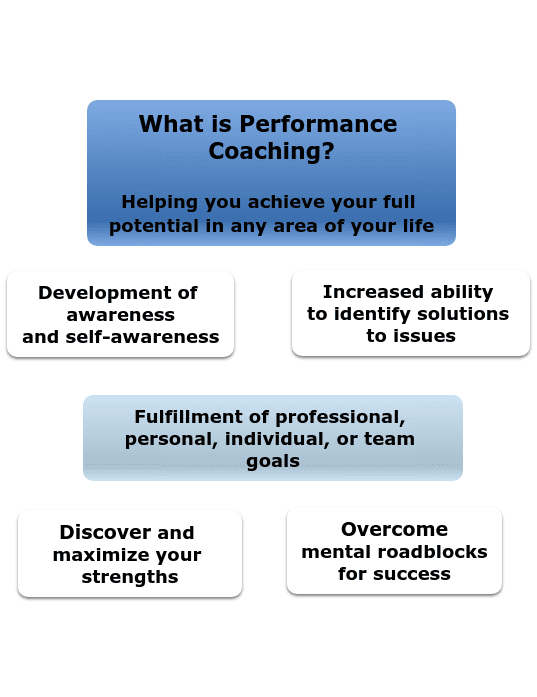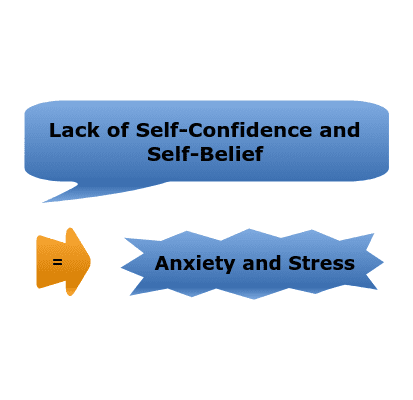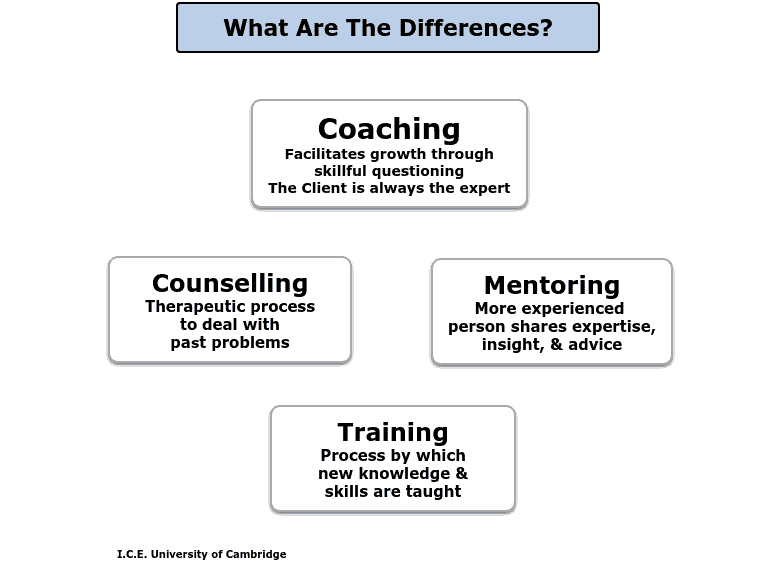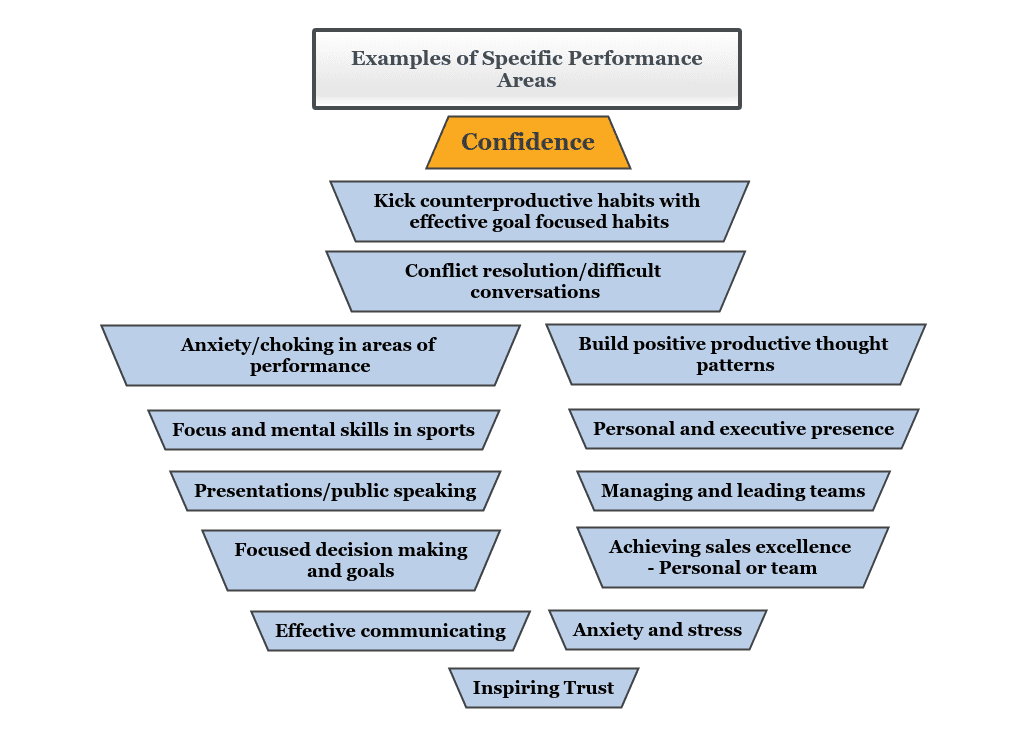The Coaching practice.
A Safe Place Where Thinking is Possible.
Book a Free Leadership Strategy CallThe Mind Body Connection To be at Your Best Every Time
Learn how to think and behave to perform at your best all the time.
Coaching aims to create this mastery based totally around what your preferred outcomes are.
The difference between success and lack of success, (physical skill set aside) comes down to the way you respond to pressure.
Pressure is a very personal experience, that can be tied to the reality you are creating and experiencing in any given moment.
A large part of Performance Coaching is learning how to accept the reality of the situation. It's tough to do anything but just exist when you are accepting of any situation.
An example of this is, right here and now you are not better than this, so the thought “I should be performing better than this” is not true, at this very moment.

Learning from each other
It is often (wrongly) assumed that the partnership between a coach and Client is top-down. This is the refreshing part of Coaching, working collaboratively together to create insights and growth.
A successful partnership is one where both parties work together, communicate effectively and have a solid relationship that encourages openness, trust and respect. Therefore, the Coach-Client partnership should be viewed as a symbiotic relationship, whereby both parties are constantly learning and evolving from each other.
Because coaching is a social activity, it can even be more enjoyable to learn in partnership in this way. The authenticity of this way of learning is said to be far lasting than other forms of helping practices.
Self-Talk (Interference)
The next time you notice yourself creating thoughts like “That was a great speech” or “that was a really bad shot” or “I really nailed that meeting.”
Stop and observe yourself as you begin to understand that you are allowing your mind to take you on the rollercoaster of unsubstantiated judgement.
What would the affect be on your professional life or sport if you could leave the judgement behind and replace this with belief in your abilities, calmness and focus?
This is the “sweet spot”, where happiness, challenge, focus, and flow exist.

Coaching vs Other Helping Practices
Which is right for me?

Learning from each other in the Coaching relationship
It is often (wrongly) assumed that the partnership between a coach and Client is top-down. This is the refreshing part of Coaching, working together to create insights and growth.
A successful partnership is one where both parties work together, communicate effectively and have a solid relationship that encourages openness, trust and respect. Therefore, the Coach-Client partnership should be viewed as a symbiotic relationship, whereby both parties are constantly learning and evolving from each other.
Because coaching is a social activity, it can even be more enjoyable to learn in partnership in this way. The authenticity of this way of learning is said to be far lasting than other forms of helping practices.


